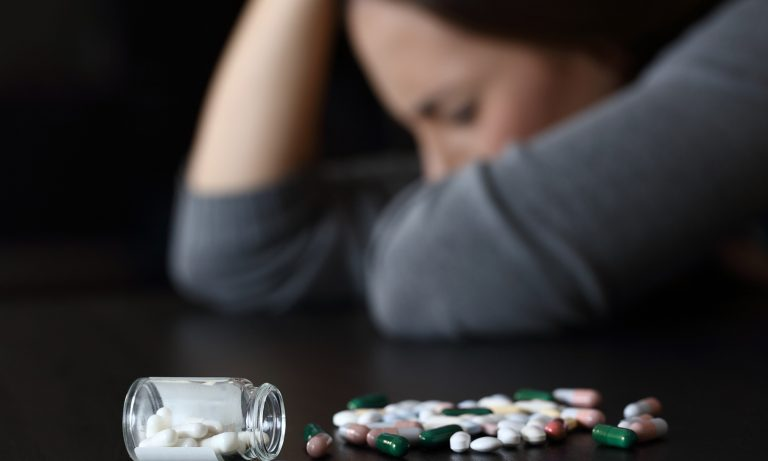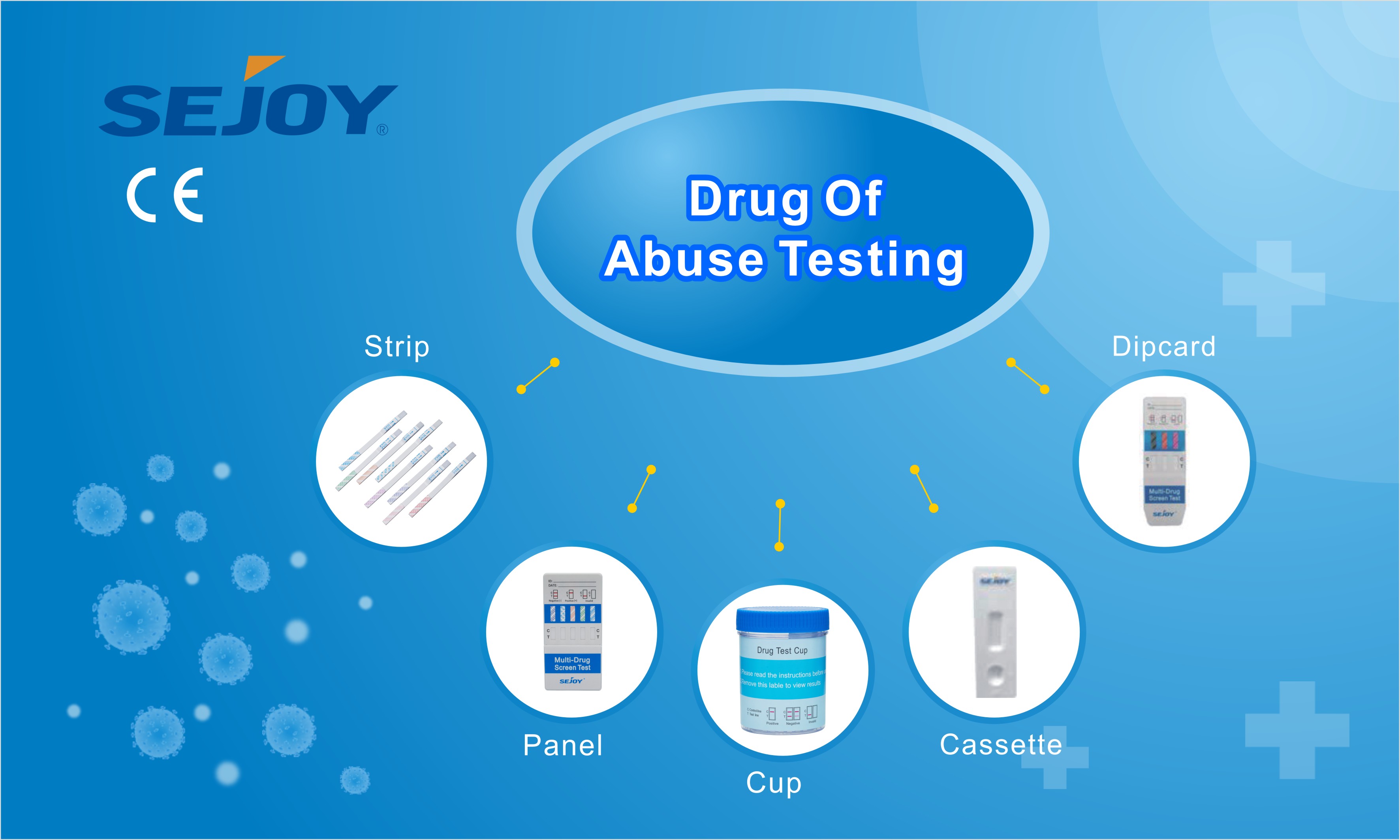Do you or someone you know have a drug problem?
Explore the warning signs and symptoms and learn how substance abuse problems develop.
 derstandingdrug abuseand addiction
derstandingdrug abuseand addiction
People from all walks of life can experience problems with their drug use, regardless of age, race, background, or the reason they started using drugs in the first place. Some people experiment with recreational drugs out of curiosity, to have a good time, because friends are doing it, or to ease problems such as stress, anxiety, or depression.
However, it’s not just illegal drugs, such as cocaine or heroin, that can lead to abuse and addiction. Prescription medications such as painkillers, sleeping pills, and tranquilizers can cause similar problems. In fact, next to marijuana, prescription painkillers are the most abused drugs in the U.S. and more people die from overdosing powerful opioid painkillers each day than from traffic accidents and gun deaths combined. Addiction to opioid painkillers can be so powerful it has become the major risk factor for heroin abuse.
When drug use becomes drug abuse or addiction
Of course, drug use—either illegal or prescription—doesn’t automatically lead to abuse. Some people are able to use recreational or prescription drugs without experiencing negative effects, while others find that substance use takes a serious toll on their health and well-being. Similarly, there is no specific point at which drug use moves from casual to problematic.
Drug abuse and addiction is less about the type or amount of the substance consumed or the frequency of your drug use, and more about the consequences of that drug use. If your drug use is causing problems in your life—at work, school, home, or in your relationships—you likely have a drug abuse or addiction problem.
If you’re worried about your own or a loved one’s drug use, learning how drug abuse and addiction develops—and why it can have such a powerful hold—will give you a better understanding of how to best deal with the problem and regain control of your life. Recognizing that you have a problem is the first step on the road to recovery, one that takes tremendous courage and strength. Facing your problem without minimizing the issue or making excuses can feel frightening and overwhelming, but recovery is within reach. If you’re ready to seek help, you can overcome your addiction and build a satisfying, drug-free life for yourself.
Risk factors for drug addiction
While anyone can develop problems from using drugs, vulnerability to substance addiction differs from person to person. While your genes, mental health, family and social environment all play a role, risk factors that increase your vulnerability include:
Family history of addiction
Abuse, neglect, or other traumatic experiences
Mental disorders such as depression and anxiety
Early use of drugs
Method of administration—smoking or injecting a drug may increase its addictive potential
Myths and facts about drug abuse and addiction
Six common myths
Myth 1: Overcoming addiction is simply a matter of willpower. You can stop using drugs if you really want.
Fact: Prolonged exposure to drugs alters the brain in ways that result in powerful cravings and a compulsion to use. These brain changes make it extremely difficult to quit by sheer force of will.
Myth 2: Using drugs like opioid painkillers are safe since they’re so commonly prescribed by doctors.
Fact: Short-term medical use of opioid painkillers can help to manage severe pain after an accident or surgery, for example. However, regular or longer-term use of opioids can lead to addiction. Misuse of these drugs or taking someone else’s medication can have dangerous—even deadly—consequences.
Myth 3: Addiction is a disease; there’s nothing that can be done about it.
Fact: Most experts agree that addiction is a disease that affects the brain, but that doesn’t mean anyone is helpless. The brain changes associated with addiction can be treated and reversed through therapy, medication, exercise, and other treatments.
Myth 4: Addicts have to hit rock bottom before they can get better.
Fact: Recovery can begin at any point in the addiction process—and the earlier, the better. The longer drug abuse continues, the stronger the addiction becomes and the harder it is to treat. Don’t wait to intervene until the addict has lost everything.
Myth 5: You can’t force someone into treatment; they have to want help.
Fact: Treatment doesn’t have to be voluntary to be successful. People who are pressured into treatment by their family, employer, or the legal system are just as likely to benefit as those who choose to enter treatment on their own. As they sober up and their thinking clears, many formerly resistant addicts decide they want to change.
Myth 6: Treatment didn’t work before, so there’s no point trying again.
Fact: Recovery from drug addiction is a long process that often involves setbacks. Relapse doesn’t mean that treatment has failed or that sobriety is a lost cause. Rather, it’s a signal to get back on track, either by going back to treatment or adjusting the treatment approach.
helpguide.org
Post time: May-31-2022



